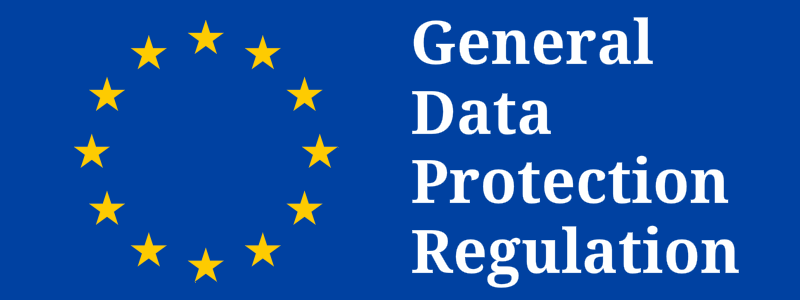The European Union is going to remove the requirement to show users consent to the use of cookies by websites

On many domestic and foreign sites, users regularly meet with a request for their consent to the use of cookies by the resource. It is clear that the vast majority of resource visitors agree to be able to freely use the information posted on this site. However, after a few such notifications, they start to be annoying.
Now users of European websites have a hope that notifications of this kind will soon disappear from the screens of computers and telephones. The European Commission proposed a number of amendments that would clarify the methods used by site owners to use their users' data. Experts assess the initiative of the European Union, in general, positively. And users can be satisfied - rather annoying “cookie-banners” with a high degree of probability will soon be removed.
It is considered, and not without reason, that cookies may be useful to the user. These files themselves are a small piece of text that is transmitted directly to the browser from the resource visited by the user. This helps the website to remember a number of visitors' preferences, including language and some other settings. The next time the user visits the same resource, all the settings will be ready, so there is nothing to reconfigure.
')
True, the information provided by cookies is used not only by site owners, but also by various kinds of advertising, marketing companies, etc. Often, such data is transmitted to the third party by the site owners without warning the users. In addition, cookies are used by contextual advertising scripts to display advertising information that is most relevant to a specific user.
The European Commission plans to oblige site owners to explain to the user how their personal information will be used in the future, as well as to tighten legislation regarding the privacy of user data. According to the proposals of European officials, visitors to Internet resources will be able to choose the level of protection in the settings of their browsers, including browsers such as Google Chrome and Safari. Sites will receive notifications about browser settings and load pages with the appropriate settings for the user's privacy level.
“Internet users should not click on the banner every time they visit the site. They should receive ordinary notice, ”said Andrus Ansip , Vice-President of the European Commission. “Even if you have established a high level of protection, it does not mean at all that you will not see any more advertising. You will, but it will be a boring advertisement. ” According to Andrus, in the event that the user lowers the level of privacy settings, he will receive more relevant advertisements, which, according to Andrus, is “not always bad.” He believes that if there is a choice - to leave cookies on the website or not, the user will choose the first option.
If the law by site owners or advertising companies is violated, it threatens with a fine of 10 million euros or two percent of the turnover. So, as we see, companies better listen to the opinion of the European Commission, otherwise they will have to pay quite a lot.
However, this scenario has opponents. Basically, these are advertising companies that consider the technical implementation of the plan difficult. “People who think that cookies are annoying will be surprised if they find out that there is no better alternative,” says Townsend Feehan, head of the Interactive Advertising Bureau in Europe. This company lobbies its interests, claiming that cookies should be accessible to representatives of the advertising industry.

“Without significant improvements in the proposed document, users will have to change the level of settings on each gadget they use and will more often encounter requests to use innocuous cookies when visiting websites and working with services,” says Feehan.
However, the European Commission does not plan to change anything in a significant manner. Now European officials are developing a system of standards for sites within the framework of the General Data Protection Regulation policy, which will become relevant from May 2018. According to the proposals, sites that use customized advertising should request user consent to use cookies every six months.
But this may entail the same problem, which is observed even now - the “fatigue” of users from cookie banners, which now literally haunt users of sites at every step. Over the next few months, the discussion in which advertisers, site owners, users and government organizations take part will continue. Lawyers must prepare a final document by May 2018, after which it will be extremely difficult to change anything.
Source: https://habr.com/ru/post/400781/
All Articles